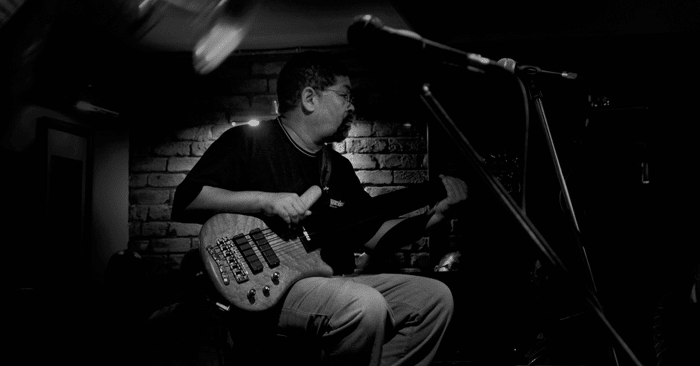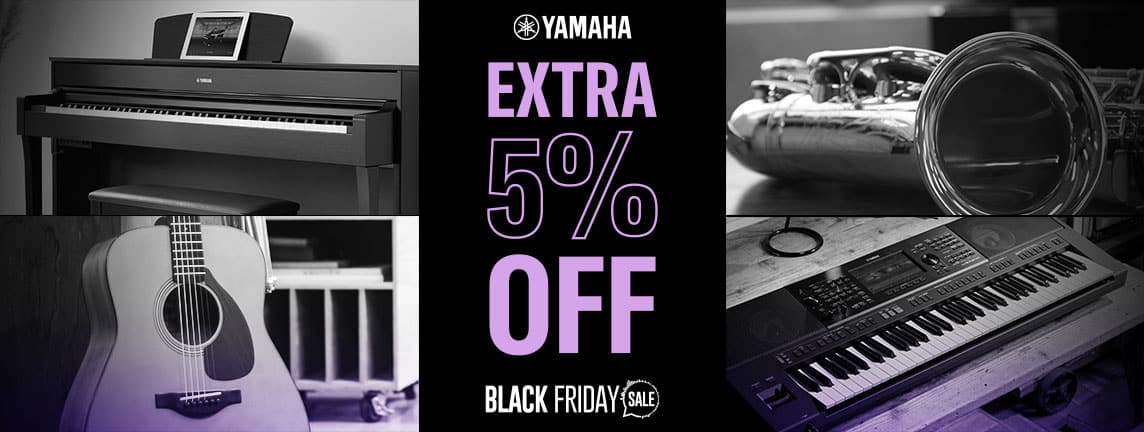
I remember the first gig I ever played. I was as prepared for it as I could have been. So much so that even a boy scout troop leader would have been impressed. I didn’t know about any bad habits to avoid yet. I was young and naive, but I still had my checklist of everything I needed; from cables to spare strings. I was confident that even if something went wrong I would be ready.
In my mind, I needed to be over prepared. The band I was in had guys far more experienced with gigging than I was, and I wanted to be sure that I wasn’t the weakest link.
I got to the venue early and started setting up for sound check. As I was setting up, the lead guitarist walked over and asked if I had a spare cable for him to use. I came prepared for this, and gave him my spare cable, feeling justified for overpreparing.
The drummer arrived 10min late and still had to set-up. We eventually started sound check 30 min late. By this point, the band was annoyed with the drummer, but we shrugged it off and played a great show.
Over the years, I have played in a lot of bands. Throughout this time, I have encountered some musicians with really bad gigging habits. Here is my list of 9 bad gigging habits that irritate and annoy band members:
Here is my list of 9 bad habits to avoid if you are a gigging musician:
1 Not bringing your own cables
This one is simple. If you need to plug your instrument into anything, bring your own cables! Sure, most venues will have a cable or two laying about, but why take that risk?
You should never assume that one of your band mates or the venue will provide you with basic supplies. Good quality cables are cheap enough and will last you many years if you look after them. They also take up very little space.
And always ensure you bring a spare. If you need two cables for your rig, bring three.
2 Spare batteries / Strings / DI Boxes
Consumables like batteries and strings can die at the most inconvenient time. Murphy’s law states “That if it can go wrong, it will go wrong.” You may never have snapped a string in 20 years of playing, but there will be that one night where you do.
Check your instruments to make sure that their batteries are fine, and that you bring a spare. If your active electronics in your bass die because your battery runs flat halfway through your show, you won’t be able to play!
Also, if you need a DI box, bring your own. Most venues will have a DI box for you, but I’ve seen it on more than one occasion where the venue’s DI boxes are all broken. No one knows until sound check starts and then there is a mad scramble to try to find someone with a DI Box. Seriously, if you buy one and only ever use it once, that is infinitely better than not buying one and needing it one night.
If you need help with restringing your guitar, check out this video.
3 Arriving late to sound check
If you arrive late for soundcheck, you are showing a total lack of respect to the venue, the sound engineer and everyone else who bothered to show up on time.
There is an arrogance when you arrive late. You are in essence saying that your time is more valuable than anyone else’s time. That it really doesn’t matter that everyone has been standing around for hours waiting for you.
Yes, sometimes the unexpected happens and being late is unavoidable. But if you are one of those guys who is constantly running late, you need to seriously readdress your priorities.

4 Insulting your own music/band
There have been a few instances where I’ve gone to watch a show, and at some point, during the set, one of the band members insults their own band. Saying things like:
Singer: “Thanks for coming!”
Drummer: “I’m not sure why you’re here, we’re k@k”
“We really hate this next song, but here goes”
“Well that was terrible”
If I have paid a cover fee, I want to see a band put on their best faces and perform their hearts out. If the band thinks their songs are rubbish, then why are they charging me a cover fee? It’s insulting to your audience to make them pay for a product that you aren’t happy with.
If you aren’t happy with what you are doing, talk about it with your band, not your audience. Alternatively, refund your audience. As a band, you shouldn’t get to charge me for a subpar performance.
5 Insulting your sound engineer from the stage
We’ve all had that one sound engineer who just can’t get the monitor mix right. The guy who studied at the university of Google and is basically tone deaf. It is a frustrating experience and can hinder your performance.
As a musician, though, you need to suck it up. It’s fine to ask for tweaks to your sound from the stage, but to all out insult the guy at the desk is unprofessional and won’t solve anything. Sure, next time you play that venue ask the owner for a new sound engineer. But if you’re on stage and he is doing a poor job, you need to suck it up.
6 Strings that are too old or too new
If your instrument uses strings, the strings need to be in good order.
If your strings are too old, the intonation of your instrument will be shot. A badly intonated instrument is painful to listen to, and for most musicians in the audience, this will be distracting. You need to ensure that your instrument sounds its best so that your music can speak for itself.
Furthermore, you shouldn’t restring your instrument an hour before your gig. If your guitar goes out of tune halfway through every song, and you need to spend 5 minutes after every song tuning, you are distracting your audience.
To ensure that your audience remains captivated throughout the set, reduce how often you need to retune.

7 Abusing backline and front of house gear
Many venues and festivals will provide a basic backline. Don’t rest your beer on top of the venues bass amp. Don’t put your foot on the monitors, no matter how rockstar you look.
Respect all gear, regardless of who it belongs to. If you lent out a piece of your gear, you would expect it to be treated in a certain way. Treat other people’s gear with the same respect.
Accidents do happen. If you are unfortunate enough to damage something, apologize and offer to pay for the repair.
8 Not checking in advance about if there is a backline, and what it has
You can’t just assume that the venue has a drum kit or bass amp for you to use. These are things that need to be discussed in advance with the venue as well as with the other bands you are playing with.
I have arrived at a show before where there were three bands playing, and each band thought one of the other bands would bring a kit. So all three drummers had their cymbals and hardware, and none of them had shells. There was a mad scramble to arrange a kit. The kit arrived an hour later and only then could sound check start. Because of this a show that was meant to start at 21:30 only kicked off at 22:30.
9 Gigging too much
There is always that one band who seems to be playing everywhere. They are on the bill for every club or festival, and you can find them playing just about every weekend. The problem with that is that ultimately it is hard to care about them after a certain point.
They are most likely playing the same songs, telling the same jokes and not offering anything new. If they are playing at a festival, their set is a good time to get drinks and food.
Over gigging is one of the fastest ways to ensure that your audience will lose interest in you. Just, don’t do it.










